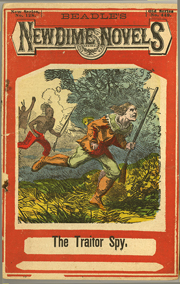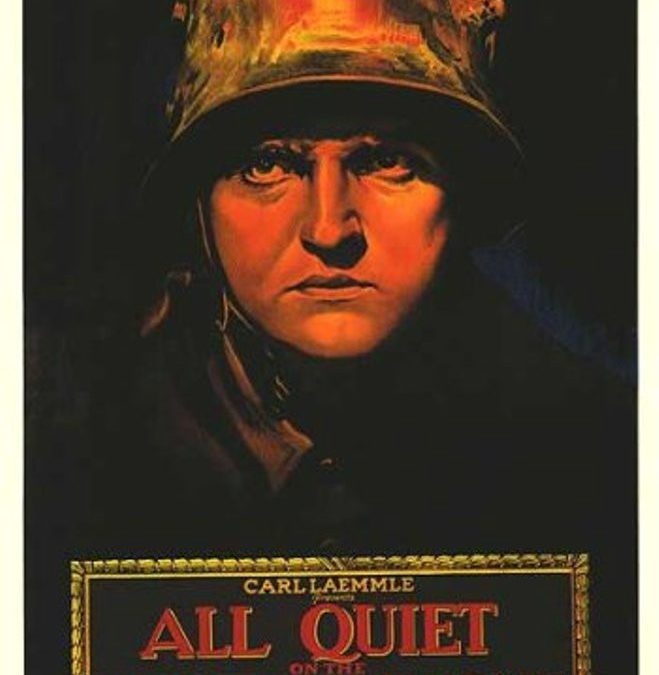
The “dime novels” popular in the Civil War
“Blood-and-thunder”
for only 10 cents
There were “westerns” before John Wayne put his mark on them.
The men in blue and gray in the Civil War—the ones who could read, and the ones who had buddies who could read—were avid fans of the dime novel.
New printing technologies in 1860 made it possible to churn out an endless succession of the cheap (10 cents, hence “dime novel”) so-called “blood-and-thunder” stories, often about heroes of the American West like Kit Carson.
These dime novels in the mid-19th century were the “westerns” before Hollywood invented the movie genre of the same name in the early 20th century.
The flood of cheap books was unleashed by improvements in the steam printing press and stereotype plates—these were the cast metal plates that used a reversed image of a full page on the press. The resulting increase in productivity and cost reduction permitted publishers to do huge press runs of the formula “western” novels that were written by assembly lines of writers. Some of the more respectable authors cranked out a new book every three months. Some of the hacks claimed to be able to produce a brand new novel in 24 hours. As you might guess, originality and quality weren’t the high priority standards of excellence.
Jill Lepore, in The Story of America: Essays on Origins, notes: “Blood-and-thunders were ‘sent to the army in the field by cords, like unsawed firewood,’ one contemporary reported. After the war, dime novel westerns cultivated a vast, largely Eastern, and altogether male audience: they were the first mass market fiction sold to men and boys.”(1)
Dime novel readers who weren’t Kit Carson (1809-1868) fans must have been a rare breed. Between 1860 and 1900, the American frontiersman was the hero of more than seven of the popular books.
(1) Jill Lepore, The Story of America: Essays on Origins (Princeton, NJ: Princeton University Press, 2012), 212, 217.
* * * * * *
Book review. Copyright © Richard Carl Subber 2017 All rights reserved.
Up for the counting
…he picks up the rhythm…(a poem)
“Numerology”
–
My first name was rain: A dreamery of poems with 53 free verse and haiku poems,
and the rest of my poetry books are for sale on Amazon (paperback and Kindle)
and free in Kindle Unlimited, search Amazon for “Richard Carl Subber”
* * * * * *
